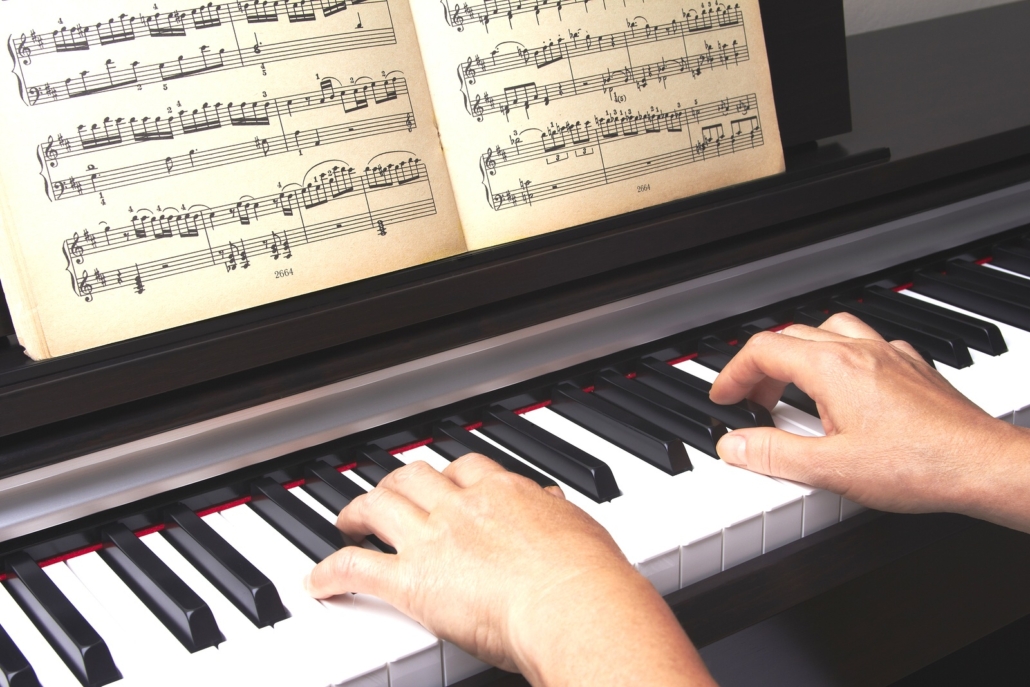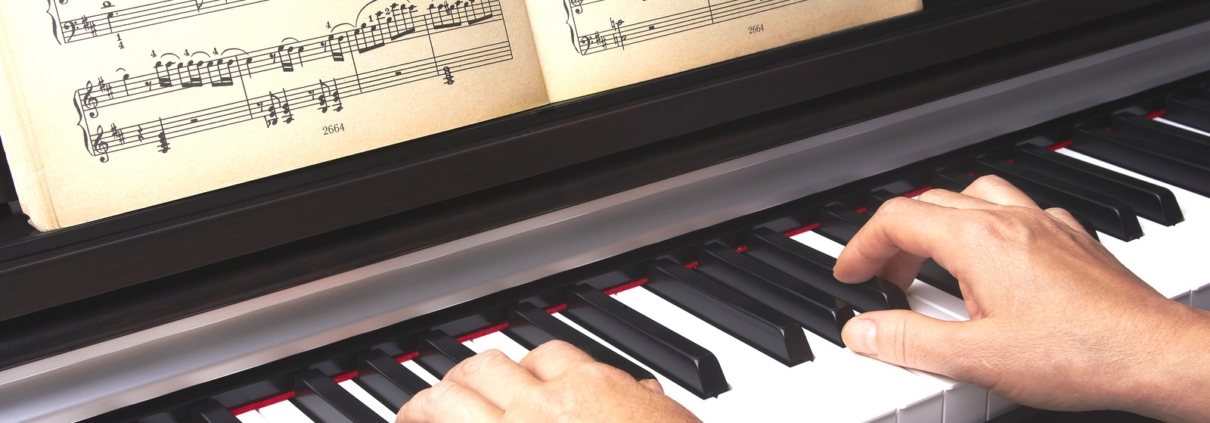Making the Top 7 Practice Excuses Go Away
pianosintheparks.com – The hardest musical instrument to learn is the piano. When you are just starting out, you will undoubtedly make a lot of blunders when training. We’ll go over the typical mistakes made by piano beginners in today’s post. Making the top 7 practice excuses go away will make you even better!
See More :
- 10 Tips for Correct Piano Posture For Everyone
- Top Piano Notes Sheet for Beginners
- Top 10 Best Pianos for Beginners
- How Can I Play Piano?
- What is a Spinet Piano?
#01 – First thing to go away? – Skip learning finger positions
One of the most common errors made by novice piano players is this one. When you first start playing the piano, one of the most crucial things you should learn is how to place your fingers on the keys in accordance with global standards. Sadly, the majority of novice players ignore or undervalue this phase. The basic explanation is that they believe it is unneeded or will feel strange to have to force their fingers into the proper position.
Actually, this might not have much of an impact on you when you’re first learning easy songs, but it will undoubtedly provide a significant challenge when you begin learning more challenging songs.

It is advisable to start practicing excellent habits early on in your guitar learning process in order to avoid this conundrum. It could be challenging at first, but if you practice frequently and become accustomed to it, you won’t encounter any difficulties. Believe me!
#02 – Treat notes and keys the same way
Keys and notes are not interchangeable. Notes are what are written on the paper, while keys are what are placed on your piano. Notes can be written in a variety of formats and ways. Be sure not to mix the two!
#03 – C Major scale dependent
The key of C Major is the easiest to perform music in. That being said, not all music in the world is in C. To better fit your vocal range, you should also learn how to transpose songs into different keys. Start by learning to play in G and D, and work your way up to all the other keys.
#04 – Neglecting to learn scales
For beginners, learning scales can seem dull and even useless. But mastering scales is a prerequisite for learning how to play the piano. In actuality, scales are essential for piano mastery. You can increase your dexterity and your ability to read and play in various keys by practicing these. Don’t ignore or bypass them!
#05 – Play Everything Fast
You feel like you’re getting better when you play quickly, right? Playing it may seem thrilling and cool, but the sound isn’t as amazing as you may assume. Many songs are intended to be performed at a slow speed, and this is how they should sound at their best. Make sure you’re counting and using a metronome to maintain your tempo in sync with the music to prevent making this error.
#06 – Practice without a plan
It will be challenging for you to improve if all you do is practice the piano when you’re inspired. Should we practice more when we are happy and less or not at all when we are bored, since our moods fluctuate every hour and minute? That would be very detrimental because learning to play the piano is an ongoing, lifelong process.

You must set up and adhere to a daily practice schedule if you want to see positive results. You should practice the piano for thirty to one hour each day.
If you follow through consistently, you should see the desired results.
#07 – Fear of Performing in Front of Others
Many people find it intimidating to play the piano in front of others. Playing in front of people who are watching and criticizing you can be nerve-wracking and challenging, even for experienced musicians who have been playing for decades. Try playing in front of people more often to get over your anxiety of performing. If you are learning an instrument, share your musical gift with others. You’ll get more at ease and confident performing in front of an audience the more you do this.
It is ideal to learn from a teacher directly if at all feasible, or to locate a respectable piano study facility. Alternatively, if time and resources are limited, you can learn through online courses available on the internet rather than attempting to solve the problem on your own without assistance! Hopefully you found the “Making the top 7 practice excusé go away” article useful! Don’t hesitate to drop a comment if you have any questions.




Leave a Reply
Want to join the discussion?Feel free to contribute!